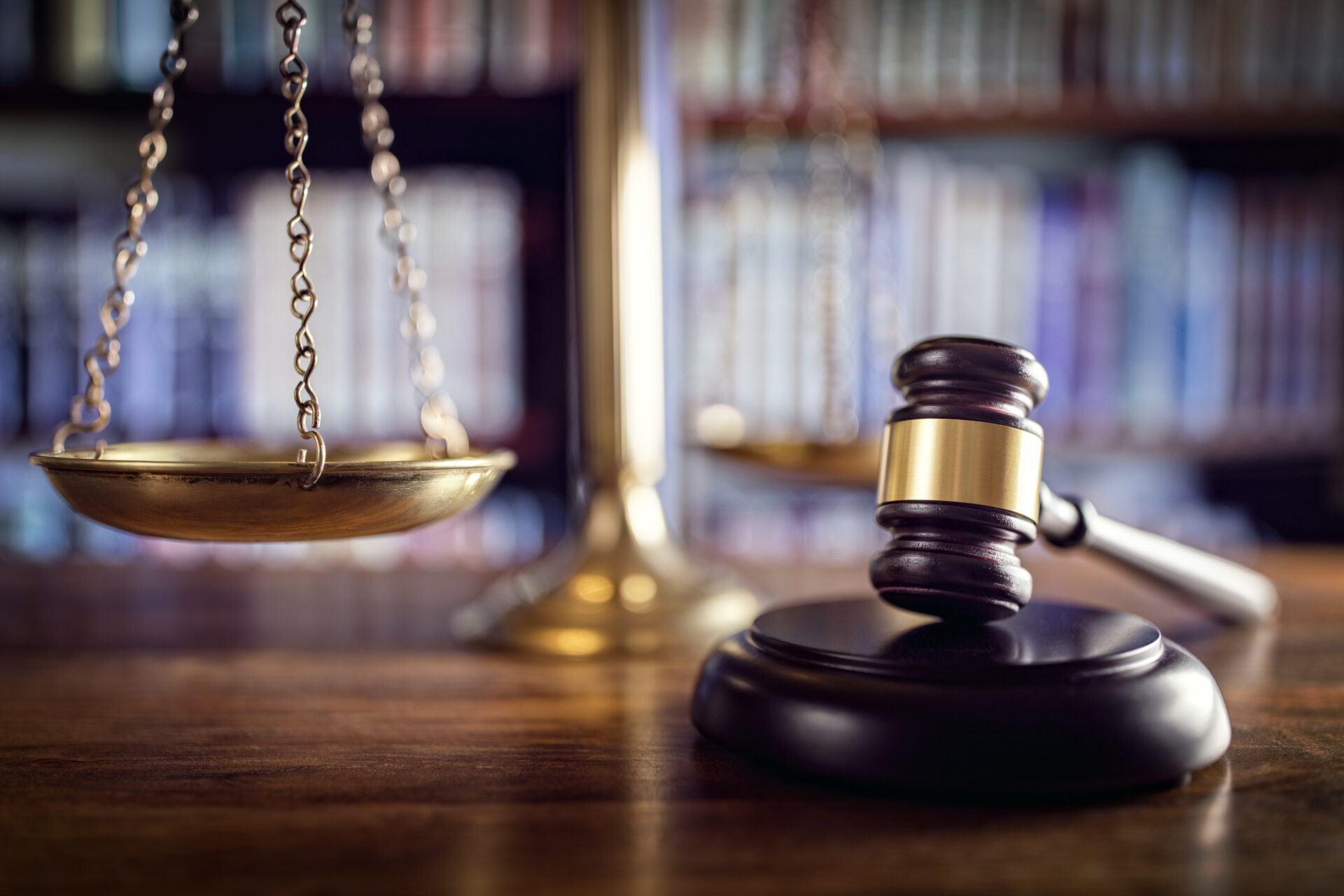Getting caught with (or producing) child pornography in Texas and elsewhere in the U.S. is a very serious crime. Depending on the particulars of the case, it can be a first-class felony that can land you in jail for 5 years to life.
You may or may not have intentionally been in possession of child pornography. But there are some circumstances where you can use a child pornography defense with help from lawyers specialized in child pornography.
Read on to learn about the various ways you can defend yourself if you’re accused of possessing or creating child pornography.
Possession Without Intention
It may be possible that you didn’t know you had child pornography on your computer (or another form). This can happen when sharing a computer where others may have downloaded the material without your knowledge.
This could happen whether it’s a computer at home used by several people or a work computer, with the blame placed on you by a co-worker. Having child porn on your computer may the work of someone (such as an ex) that has downloaded it to your machine and then tipped off police to its existence.
When defending yourself, a court might also consider whether you bought the computer brand new. If so, it presumably came with a blank hard drive.
If you bought it second-hand, there may be files buried in the hard drive that you aren’t aware of. The defense lawyer may call on a computer forensics expert that can sort out when the material was downloaded.
There’s also an “accidental possession” defense. It looks at whether your computer was hacked and the images added to your system undetected.
When it comes to intention, even what you type into a search engine can be the problem. For example, you may be trying to access a legal site but enter the website address incorrectly. The result is you landing you on a page containing child pornography.
A computer forensics expert may be able to show the court that you quickly diverted from the site after realizing what you were looking at.
The Material is Not Child Pornography
In some cases, seemingly innocent pictures of children have been the subject of legal issues. However, they may not fall under the specific definition of child pornography under Texas law.
For example, a photo of a child playing naked in a bathtub or even breastfeeding is not necessarily child porn. But it could raise concerns from those seeing who get the wrong impression (and still lead to charges.) However, if material involving a minor is sexual and was created or distributed with intent, then it likely will fall under the child pornography definition.
There are also exemptions. the Motion Picture Association of America has exempted certain drawings and films created for educational or scientific purposes.
It may also be determined during the case that the subject of the photos is not under the age of 18. This means they are adults and no longer minors in the eyes of the law.
Not Knowing The Age of Subjects
You may be able to use the defense that you didn’t know one of the subjects was under the legal age (18). However, an expert may have to be brought in to determine whether it was reasonable for you to believe that the people involved in producing the material were not minors.
Another scenario may be that you connected with someone you believed to be of legal age online, who then sent you explicit images at your request. Because of the anonymous nature of the internet, you may truly not have known the images you possessed were of a minor.
One of the ways the court may look favorably upon you if you’ve been charged is to consider whether you destroyed the material or reported it to police after learning their real age.
Being Entraped By Police
If you are suspected of being part of a child pornography ring, you may be contacted by police officers who are posing as a minor. You may then commit a crime that you wouldn’t normally have (such as requesting sexual images of the minor, for example) which could be considered entrapment in a court.
In another scenario, the police may entice someone to buy material that’s child porn but not advertised as such. In this case, you would not know you are purchasing child porn, and therefore your lawyer would be able to use this point during a trial.
There’s another possible defense for possessing child pornography. If the police used a warrant that’s illegal – meaning false information was given to obtain the warrant – then that might be grounds to dismiss the evidence. Police may also go beyond the scope of the warrant to obtain the evidence, which may also be grounds for dismissal of the evidence.
Addiction As a Defense
In some rarer cases, you may be able to claim you have a psychological addiction to child pornography. This may lead to a shorter sentence as well as mandatory participation in a treatment program.
In the same way that a person can become addicted to legal pornography, they may also claim to be addicted to child pornography. Considering there are more than a million explicit images of minors floating around on the dark web, it may be more of common addiction than some realize.
Hire a Child Pornography Defense Lawyer
Child pornography possession and distribution is a serious crime in Texas. Being convicted can land you in jail for years depending on the severity of the case.
However, there are a number of possible defenses you can use proving you were unaware of the material existing on your computer. Or perhaps you did not know the true age of the subjects.
If you’ve been charged with a crime relating to child pornography, then you should contact a child pornography defense lawyer as your first step.




